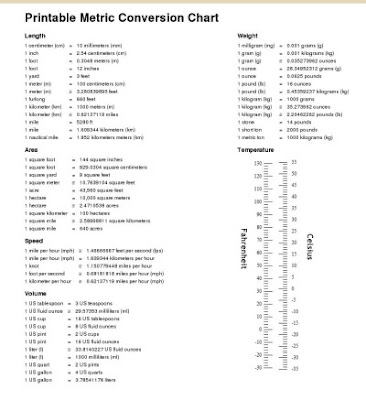Prove that irrational*non-zero rational number is equal to an irrational number
How can you prove that irrational*non-zero rational number is equal to an irrational number?
I suspect this is a university student asking me this.
One important step in how to make proofs is to understand clearly what you're asked to prove. It often involves statements that are true for ALL numbers in a certain set (such as all real numbers, all rational numbers etc.).
This one does not include the word "all" nor the word "any", but it still is of that type. I can reword it like this:
Or, this way:
This question basically ASKS for indirect proof.
In indirect proof, we assume the OPPOSITE is true, and show that would lead to a contradiction.
We are supposed to prove that if you take ANY irrational number times ANY non-zero rational number, then the result is an irrational number.
So assume the opposite: assume there is SOME irrational number X and SOME non-zero rational number R so that when you multiply those two, you get a RATIONAL one as an answer:
XR = S and S is rational
Well, from this equation X = S/R (remember R is not zero so this is legal). But then X would be a rational number (S) divided by another rational number (R).
You probably already know that if you divide a rational number by a rational number, the result is going to be a rational number - never an irrational number, so this is the contradiction needed for the proof. ALL DONE!
But just for a reminder: a rational number is like fraction: a/b where a and b are integers, b nonzero. So if you take a/b ÷ c/d, you know how that is done: multiply by d/c and it produces another fraction (rational number).
Tags: math, mathematics, college
I suspect this is a university student asking me this.
One important step in how to make proofs is to understand clearly what you're asked to prove. It often involves statements that are true for ALL numbers in a certain set (such as all real numbers, all rational numbers etc.).
This one does not include the word "all" nor the word "any", but it still is of that type. I can reword it like this:
Prove that any irrational number multiplied by any non-zero rational number is equal to some irrational number.
Or, this way:
Prove that for all irrational numbers x and for all rational numbers y excluding 0 the following is true: xy is an irrational number.
This question basically ASKS for indirect proof.
In indirect proof, we assume the OPPOSITE is true, and show that would lead to a contradiction.
We are supposed to prove that if you take ANY irrational number times ANY non-zero rational number, then the result is an irrational number.
So assume the opposite: assume there is SOME irrational number X and SOME non-zero rational number R so that when you multiply those two, you get a RATIONAL one as an answer:
Well, from this equation X = S/R (remember R is not zero so this is legal). But then X would be a rational number (S) divided by another rational number (R).
You probably already know that if you divide a rational number by a rational number, the result is going to be a rational number - never an irrational number, so this is the contradiction needed for the proof. ALL DONE!
But just for a reminder: a rational number is like fraction: a/b where a and b are integers, b nonzero. So if you take a/b ÷ c/d, you know how that is done: multiply by d/c and it produces another fraction (rational number).
Tags: math, mathematics, college


Comments
Then also:
r = p/x; if p and x are irrational, their quotient CAN be rational. For example:
2Pi / Pi = 2.
http://www.math-worksheets.co.uk/048-tmd-what-are-irrational-numbers/